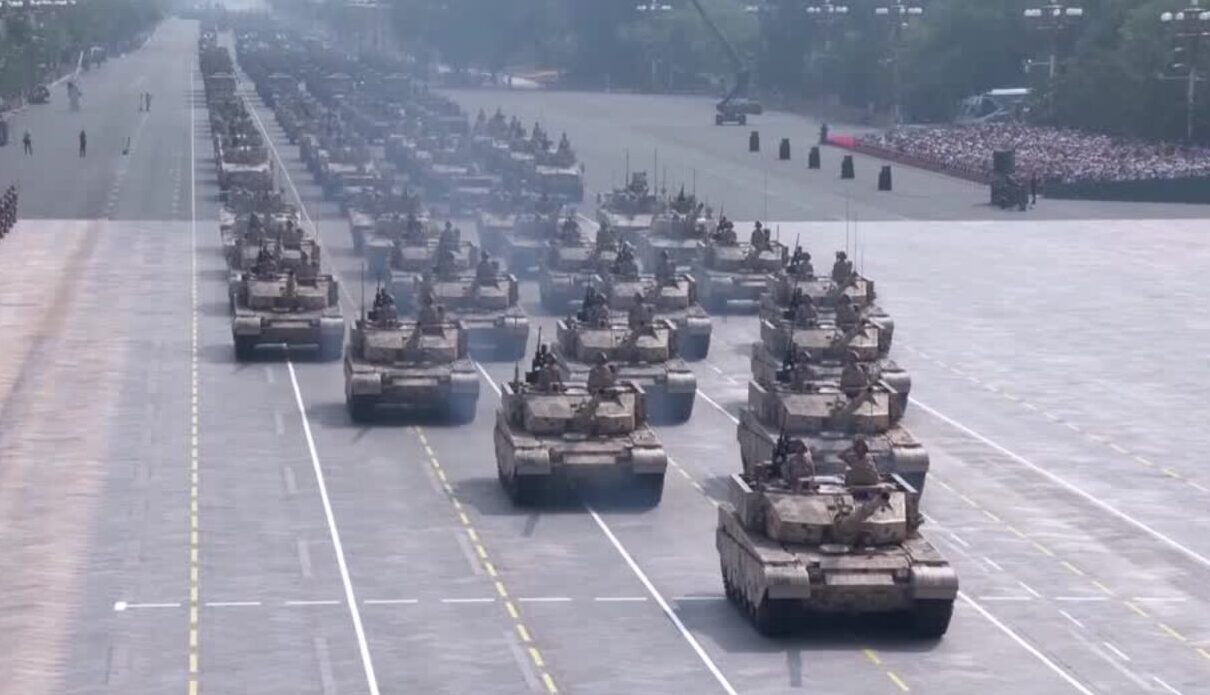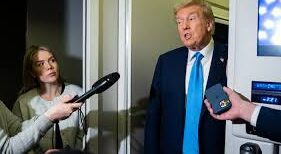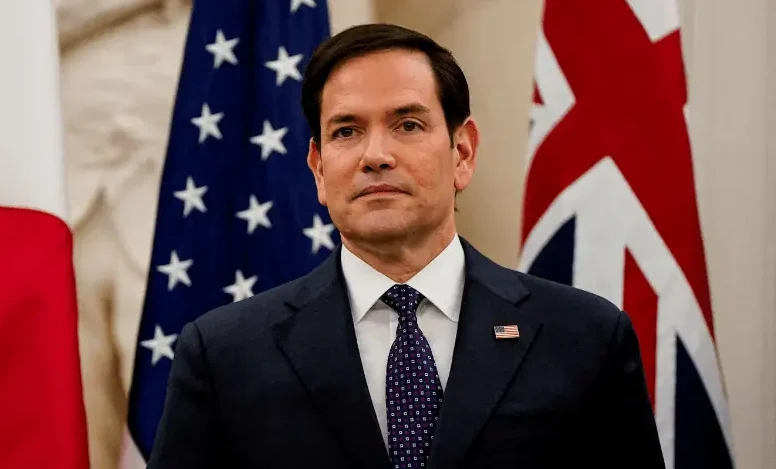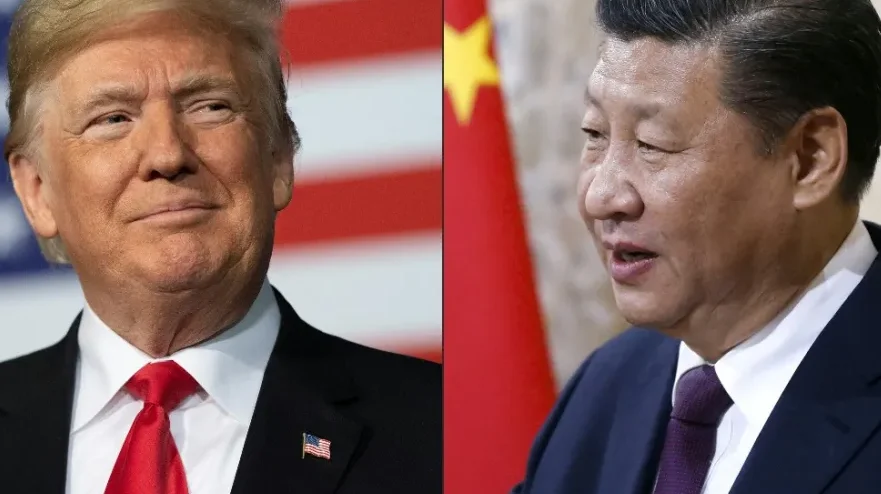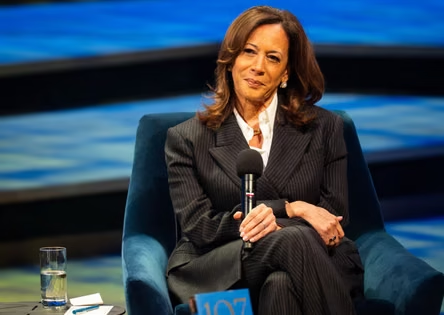Chinese President Xi Jingling warned that the world faces a choice between peace and war as he presided over a huge military parade in Beijing on Wednesday, joined by Russian President Vladimir Putin and North Korean leader Kim Jon Un in a rare public show of unity.
The event, marking 80 years since Japan’s defeat in World War II, was boycotted by most Western leaders. Putin, isolated in the West over the war in Ukraine, and Kim, shunned for his nuclear weapons program, were the guests of honour.
Xi used the spectacle to spotlight China’s growing military power and diplomatic influence at a time when ties with the United States remain strained under President Donald Trump’s trade policies and unpredictable approach to allies.
“Today, mankind is faced with the choice of peace or war, dialogue or confrontation, win-win or zero-sum,” Xi told a crowd of more than 50,000 at Tienanmen Square, declaring that China “firmly stands on the right side of history.”
Xi, wearing a Mao-style tunic, rode in an open-top limousine as he reviewed troops and cutting-edge weapons, including hyper sonic missiles, underwater drones and even a weaponized “robot wolf.” Fighter jets roared overhead while helicopters carried banners, and the 70-minute show ended with the release of 80,000 doves billed as “peace birds.”
The Chinese leader greeted more than 25 foreign dignitaries on the red carpet, including Indonesia’s president Parabola Subdominant, who made a surprise visit despite protests at home. In the viewing stand, Xi sat between Putin and Kim, chatting with both as thousands of troops and military hardware rolled by. It was the first time the three leaders had appeared together in public.
Putin later met Kim at China’s State Guesthouse, thanking him for North Korea’s support in Ukraine. Kim pledged to help Russia “in every way he can.”
In Washington, Trump weighed in on social media, addressing Xi directly: “Please give my warmest regards to Vladimir Putin, and Kim Jong Un, as you conspire against the United States of America.” He also reminded followers that U.S. forces helped China resist Japan during World War II. Trump told reporters earlier he did not view the parade as a challenge to America.
Japan declined to comment, saying only that it was working on “constructive relations” with China. Taiwan, meanwhile, urged its citizens not to attend the parade, with President Lai Ching-te saying his government “does not commemorate peace with the barrel of a gun.”
For Xi, World War II remains central to his vision of China’s “great rejuvenation,” portraying the country’s wartime struggle against Japan as the foundation for its rise to global power. Just days before the parade, he called for unity against “hegemonic and power politics,” a veiled reference to the United States.
“Xi feels confident that the table has turned. It’s China that is back in the driver’s seat now,” said Wen-Ti Sung, a fellow at the Atlantic Council’s Global China Hub. “It’s been Trump’s unilateralism, not China’s wolf warrior diplomacy, that has become the bigger source of uncertainty.”
At a banquet after the parade, Xi told his guests that humanity must not return to the “law of the jungle.”
Analysts say the gathering could pave the way for tighter defence ties among China, Russia and North Korea, following a military pact signed by Moscow and Pyongyang in June and a similar agreement under discussion between Beijing and North Korea. Putin has already secured new energy deals with China, while Kim gained rare international visibility and tacit backing for his nuclear arsenal.
It was the first time in 66 years that a North Korean leader attended a Chinese military parade. Kim brought his daughter Ju Ae, whom South Korean intelligence considers his likely successor, though she was not seen at the event.
The show also came against the backdrop of internal turmoil in China’s military. More than a dozen generals, many once close to Xi, have been purged in a sweeping corruption crackdown over the past two years.
“The parade allows Xi to highlight China’s rapid military modernisation, while shifting attention away from the ongoing purges that continue to shake the top ranks of the PLA,” said Jon Czin, a foreign policy expert at the Brooking Institution.
Beyond impressing the world, the display was also meant to rally patriotic spirit at home. Civil servants across China were ordered to watch the parade and submit written reflections. In his speech, Xi called China’s rejuvenation “unstoppable.”


